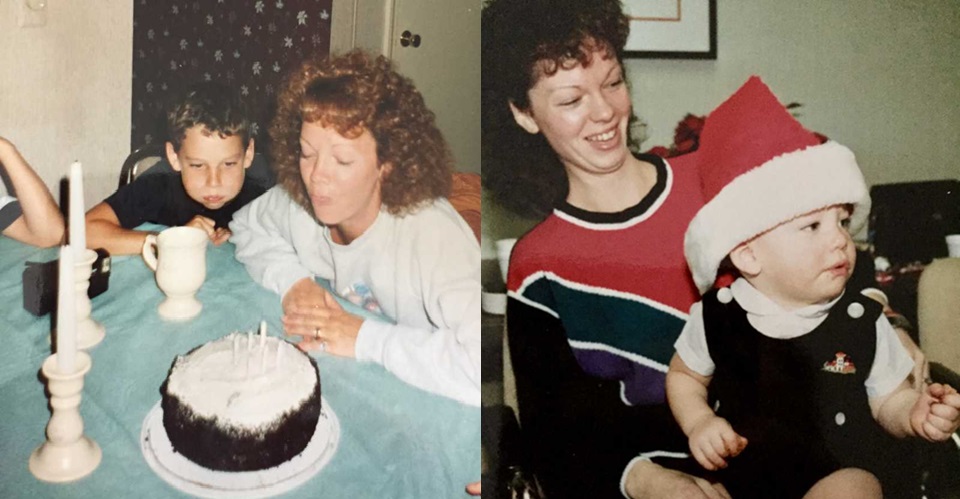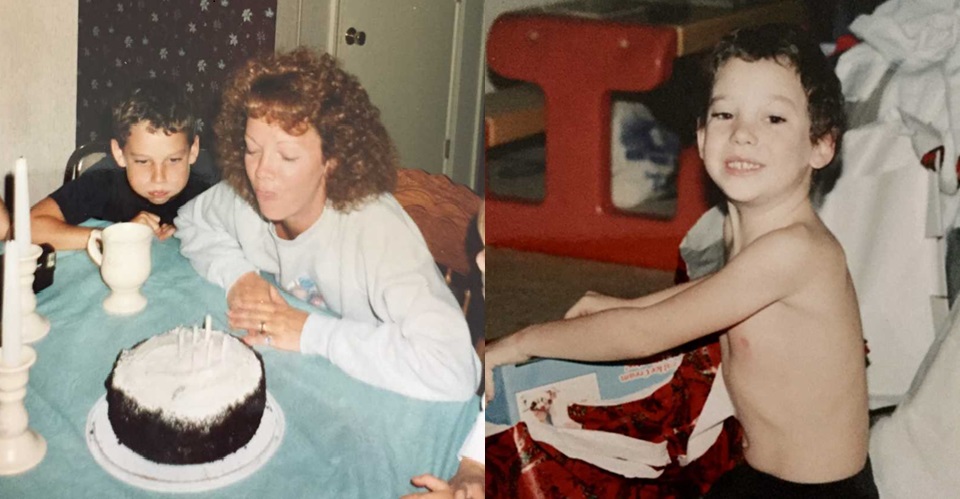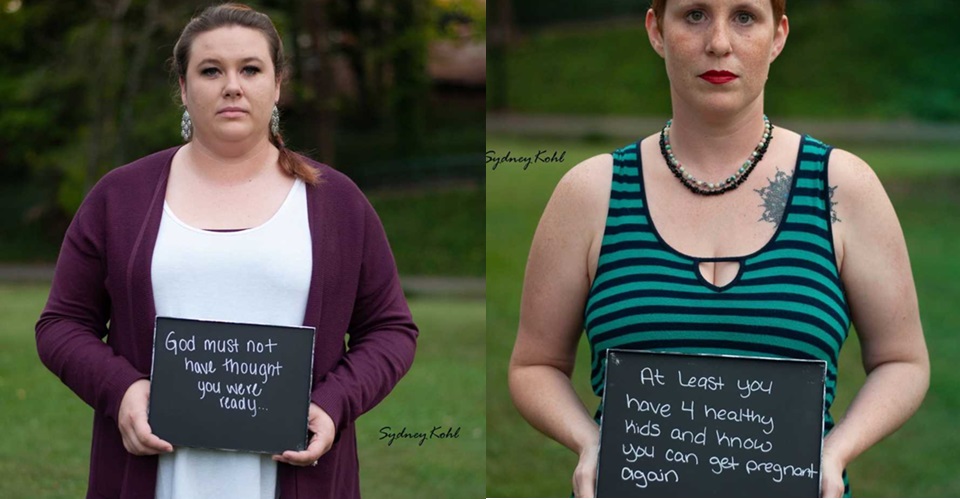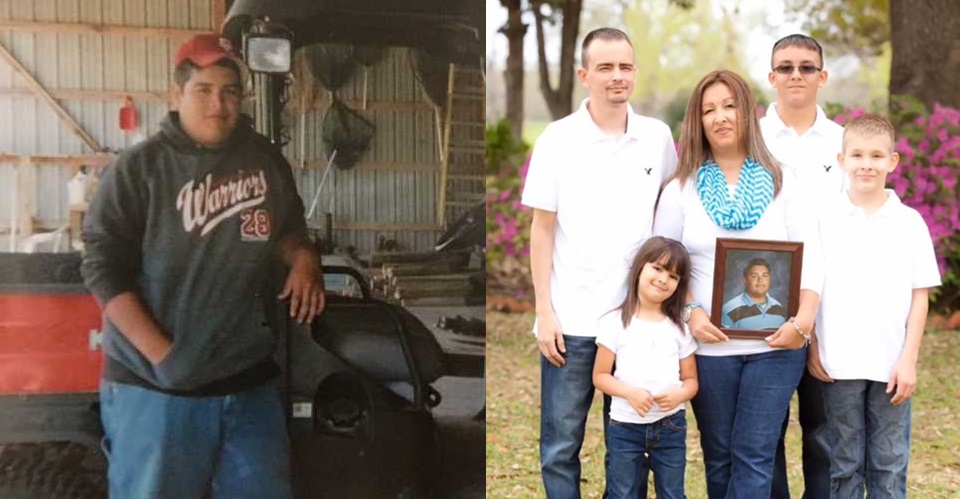Terry never thought she would read something that made her angry enough to throw a book across the room. But one morning, buried deep in a chapter about tragedy and recovery, she came across a sentence that stopped her cold. The author described parents who had lost children as “victims.” That word sat on her chest like a weight she couldn’t shake. Victim. It wasn’t her. It would never be her.
Yes, her son Alex had died. Yes, her life would never be the same. But victim? That implied surrender. It implied she was powerless, and she refused to let grief define her like that. Terry had been through what every parent fears most: the death of a child. Alex was only twenty-six when he died from an overdose, and in that moment, her world shattered. The colors dulled, the air grew heavy, and every sound felt like an echo of what used to be. There were mornings she couldn’t lift her head from the pillow, days when she forgot what it felt like to breathe without pain. But even then, deep inside, she knew she had a choice.
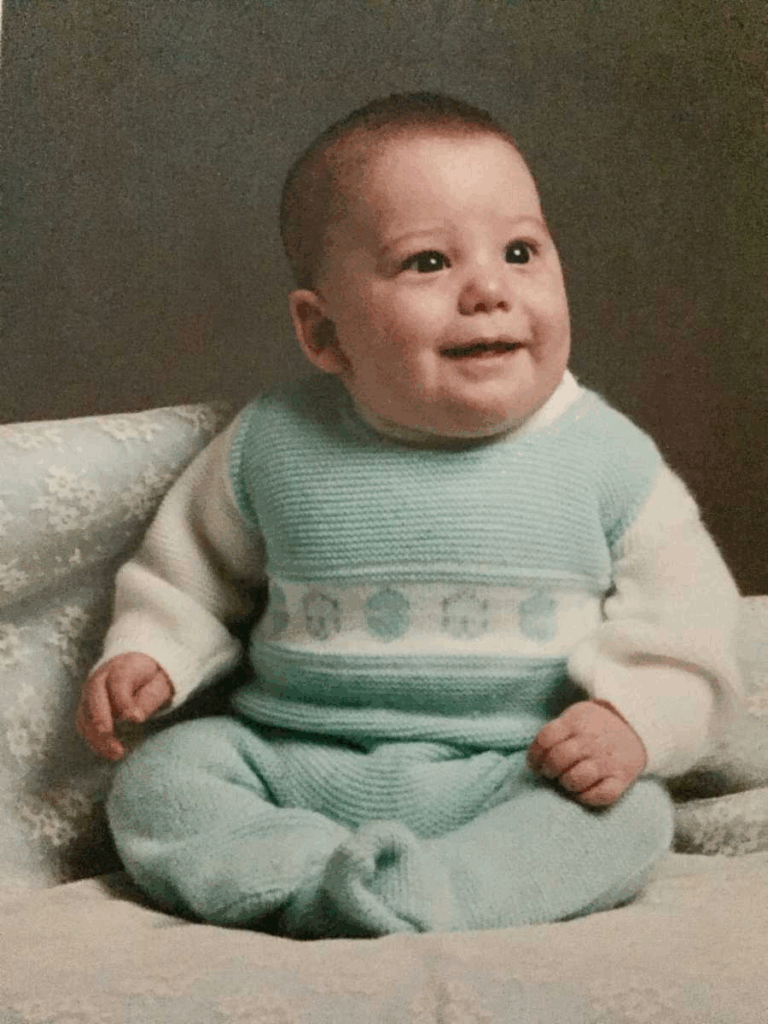
Grief has a way of twisting reality. It tells you there’s no point in laughing, no reason to get out of bed, no future worth reaching for. It tempts you to stop living because someone you love isn’t there. But Terry decided early on she would not let grief swallow her whole. She would carry it, but she wouldn’t become it. People often told her that time heals all wounds, but that isn’t true. Some scars never close; they simply become part of who you are. Losing a child is like learning to live with half a heartbeat, constantly aware that something vital is missing. But over time, Terry realized the heart keeps beating anyway, slower at first, then stronger as life quietly begins again.
She found herself remembering a story she once heard about a woman who lost her only child. The woman said she had nothing left to live for, but someone gently told her to be grateful for the years she did have, to focus on the love that existed instead of the loss that remained. That thought stayed with Terry. She could either drown in the emptiness or swim through it with gratitude for the twenty-six years she had shared with Alex. There were moments she laughed again. The first time it happened, it startled her. She felt guilty, as if joy somehow betrayed her son. But grief doesn’t erase love; it just changes its shape. And life, relentless as it is, kept moving forward. Friends invited her out, family surrounded her, and slowly, she began to feel something close to peace.

When she looked back, Terry realized survival wasn’t a single choice made once. It was a decision she made every morning. To get out of bed. To smile. To keep living. Each act of normalcy was its own small victory. She often imagined how Alex would want her to live. Would he want her stuck in sadness, unable to see beauty again? No. He had been full of light, laughter, and warmth. He would like her to carry those things forward. So that’s what she did.
Grief still visits her, sometimes quietly, sometimes like a storm that tears through her heart. But she’s learned that surviving loss doesn’t mean forgetting. It means remembering with love instead of pain. It means saying his name without breaking down. It means celebrating his birthday, even if the candles flicker with tears in her eyes. When people ask how many children she has, she always answers three. One lives in heaven, and two are here. That truth sometimes startles people, but it’s just life to her. Alex’s absence doesn’t erase his existence. He was here. He mattered. He still matters.

Terry doesn’t see herself as a victim. She sees herself as a mother who loved deeply and continues to love, even through loss. She is someone who found strength inside the wreckage, who learned that living after losing a child is both an act of courage and of devotion. Each sunrise brings her a reminder: grief may change her, but it cannot define her. Love, even through death, endures. And for Terry, that love is enough reason to keep going.
